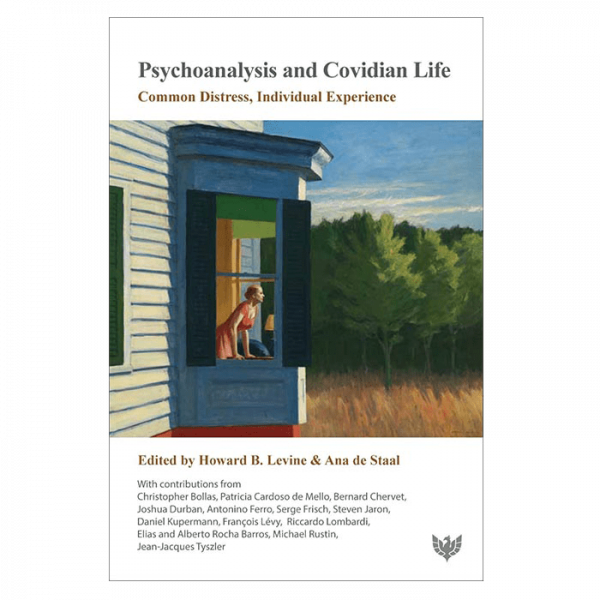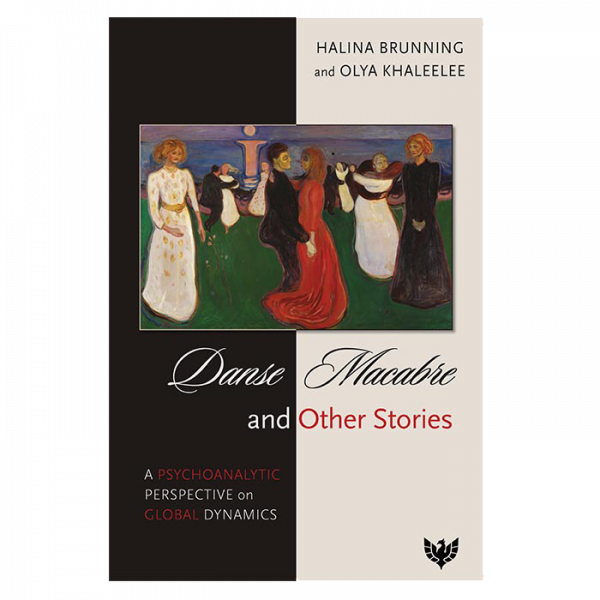We live in a world where our livelihood depends on our ability to relate to strangers. The central quality that defines strangers is that they are unknown. Because strangers are unknown, they represent, in the world outside, the unknown self within.
The unknown self is the core of the personality considered as a potential to become something yet to be determined. To be already known is to be determined prior to and independently of our presence in our lives. At the outset of the process of taking form, the individual is, in a sense, a stranger to self and to others. The more this is the case, the greater the openness of the process of self-formation and the more marked the role of freedom from predetermination in that process. Freedom from predetermination exists along three dimensions: the free movement of thoughts and ideas or “inner freedom”; the freedom to relate, which is also the freedom not to relate; and freedom in relating, which is the possibility of maintaining secure self-boundaries in relations with others.
In exploring freedom understood in this way, Professor Levine considers such topics as: the nature of inner freedom and its relationship to deliberation and choice; stranger anxiety and its connection to group dynamics and social connection; the internal factors that enable us to make the decisions that shape our lives and through our actions realize the ends embedded in our decisions; how our memories shape our thought processes and therefore the choices we make and the lives we lead that result from them; what makes it possible for us to live comfortably with and depend on people we do not know; concern for the welfare of strangers and how our welfare can be secure in a world where we do not care about others and they do not care about us.




 David P. Levine is emeritus professor in the Josef Korbel School of International Studies at the University of Denver. He holds a PhD in economics from Yale University and a Certificate in Psychoanalytic Scholarship from the Colorado Center for Psychoanalytic Studies. He has published extensively in the fields of economics, political economy, and psychoanalysis. In the field of psychoanalysis, he has published books on work, creativity, ethics, and politics, most recently Dark Fantasy: Regressive Movements and the Search for Meaning in Politics and (with Matthew H. Bowker) The Destroyed World and the Guilty Self: A Psychoanalytic Study of Culture and Politics. He currently lives in Santa Fe, New Mexico.
David P. Levine is emeritus professor in the Josef Korbel School of International Studies at the University of Denver. He holds a PhD in economics from Yale University and a Certificate in Psychoanalytic Scholarship from the Colorado Center for Psychoanalytic Studies. He has published extensively in the fields of economics, political economy, and psychoanalysis. In the field of psychoanalysis, he has published books on work, creativity, ethics, and politics, most recently Dark Fantasy: Regressive Movements and the Search for Meaning in Politics and (with Matthew H. Bowker) The Destroyed World and the Guilty Self: A Psychoanalytic Study of Culture and Politics. He currently lives in Santa Fe, New Mexico.
Reviews
There are no reviews yet.